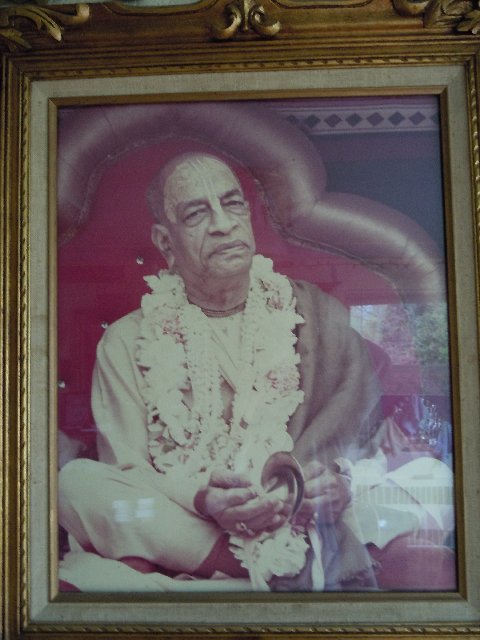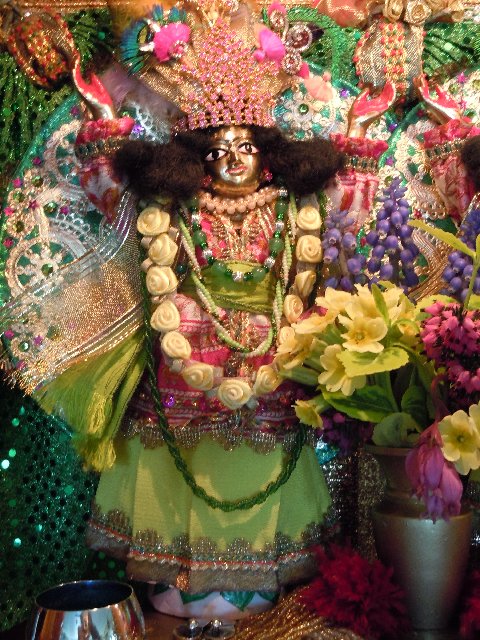- April 25, 2014710110SB.CAL Lectures 229576/530501 aksara-dvayam. If anyone simply chants these two alphabets, ha, ri--hari--then baddha-parikaras tena moksaya gamanam pratiti: "Although he…
- April 25, 2014NoD 7 Hearing and speaking Srimad-Bhagavatam is the religious process which elevates one to the platform of serving and loving…
- April 23, 2014Story Why Cow Killing Started in India Share it now! Those were the times when India was at the peak…
- April 23, 2014Hare Krsna to all Pranams All glories to Srila Prabhupada To pursue material life means that one has given up…
- April 23, 2014Hare Krsna to all Pranams All glories to Srila Prabhupada Below are a few points about the basics of Krsna…
- April 23, 2014Kuresh, the famous, intimate disciple of Srila Ramanujacharya once asked his guru the meaning of the well-known Bhagavad-gītā verse 18.66:…
- April 23, 2014KB 15 Killing of Dhenukasura Krsna then spoke to His elder brother Balarama as follows: "My dear brother, You are…

Under the guidance, inspiration and authority of
His Divine Grace A.C. Bhaktivedanta Swami Prabhupada
Founder-Acharya of the Krishna Consciousness Movement
Srila Prabhupada: “I wish that each and every branch shall keep their separate identity and cooperate keeping the acharya in the center. On this principle we can open any number of branches all over the world. (Letter, February 11, 1967)


